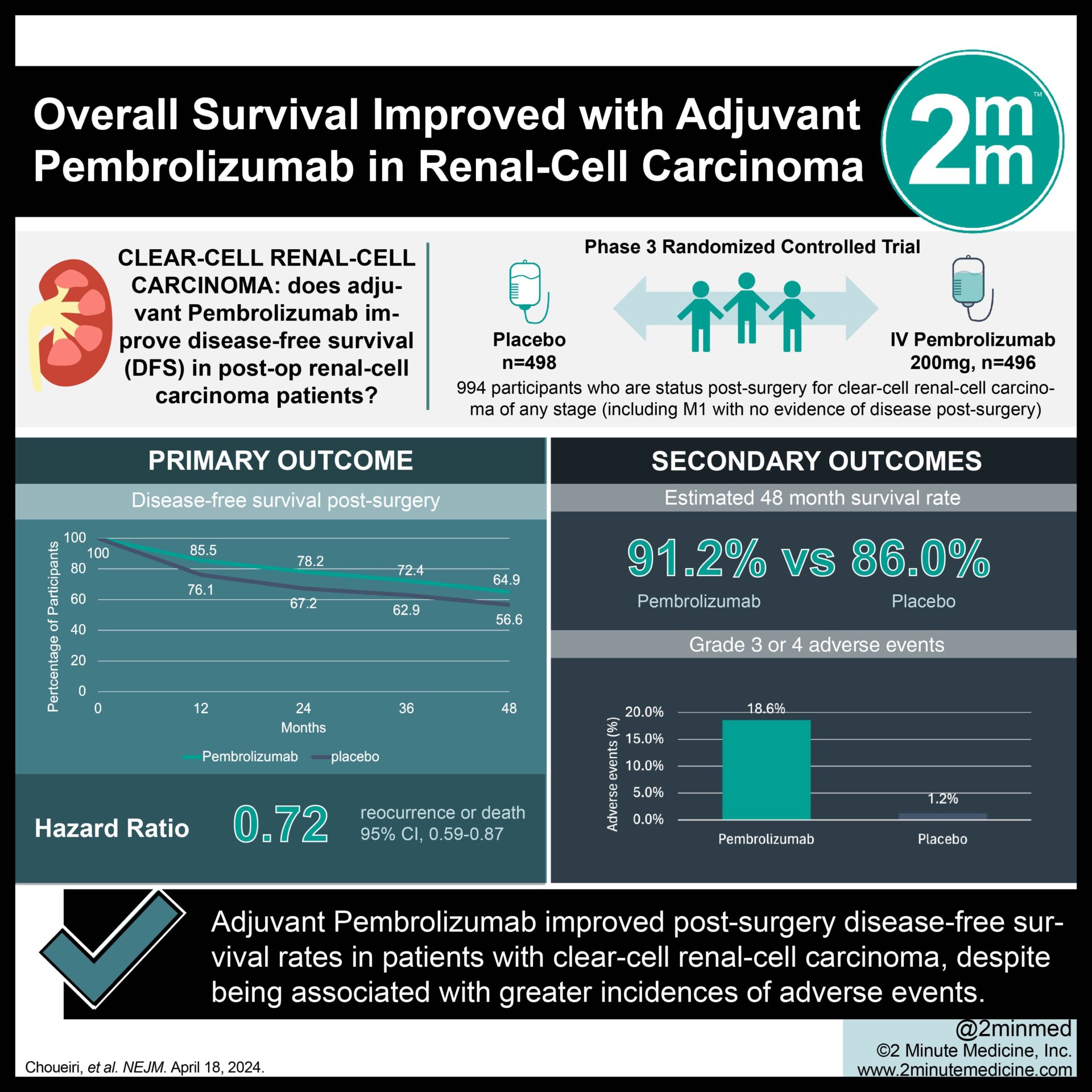Knowledge within the field of multiple sclerosis treatment during pregnancy is vital to ensure the most optimal clinical practice. Immunomodulatory treatment in pregnancy could in theory affect the normal development and maturation of the immune system of the fetus with a potential increased risk of infections, consequently. We therefore set out to investigate whether exposure to interferon-beta in utero affected the risk of acquiring infections in early childhood.
This retrospective matched cohort study utilized data from the Danish Multiple Sclerosis Registry linked with national Danish registries to identify all children born of mothers with MS in Denmark from 1998 to 2018. The study included 510 children exposed to interferon-beta in utero. The children were matched 1:1 on various of demographic characteristics with children born to mothers with untreated MS and 1:3 with children born to mothers without MS. Each child was followed for up to five years. Using individual-level data, we investigated all-cause mortality, rate of hospital admissions due to infections, and redeemed prescriptions of antibiotics. The primary statistical model applied was a negative binomial regression analysis.
We found no differences in childhood mortality, for hospital admissions the rate ratio compared to healthy controls was 0.79 (0.62-1.00). Regarding antibiotic prescriptions, the results were similar (RR 1.00 (0.90-1.11). Furthermore, we found no certain dose-response relationship between interferon-beta exposure duration and hospital admission rate (P = 0.47) or redeemed antibiotic prescription (P = 0.71).
Exposure to interferon-beta during gestation has little to no impact on the risk of acquiring significant infections during the first five years of childhood.
Copyright © 2023. Published by Elsevier B.V.















